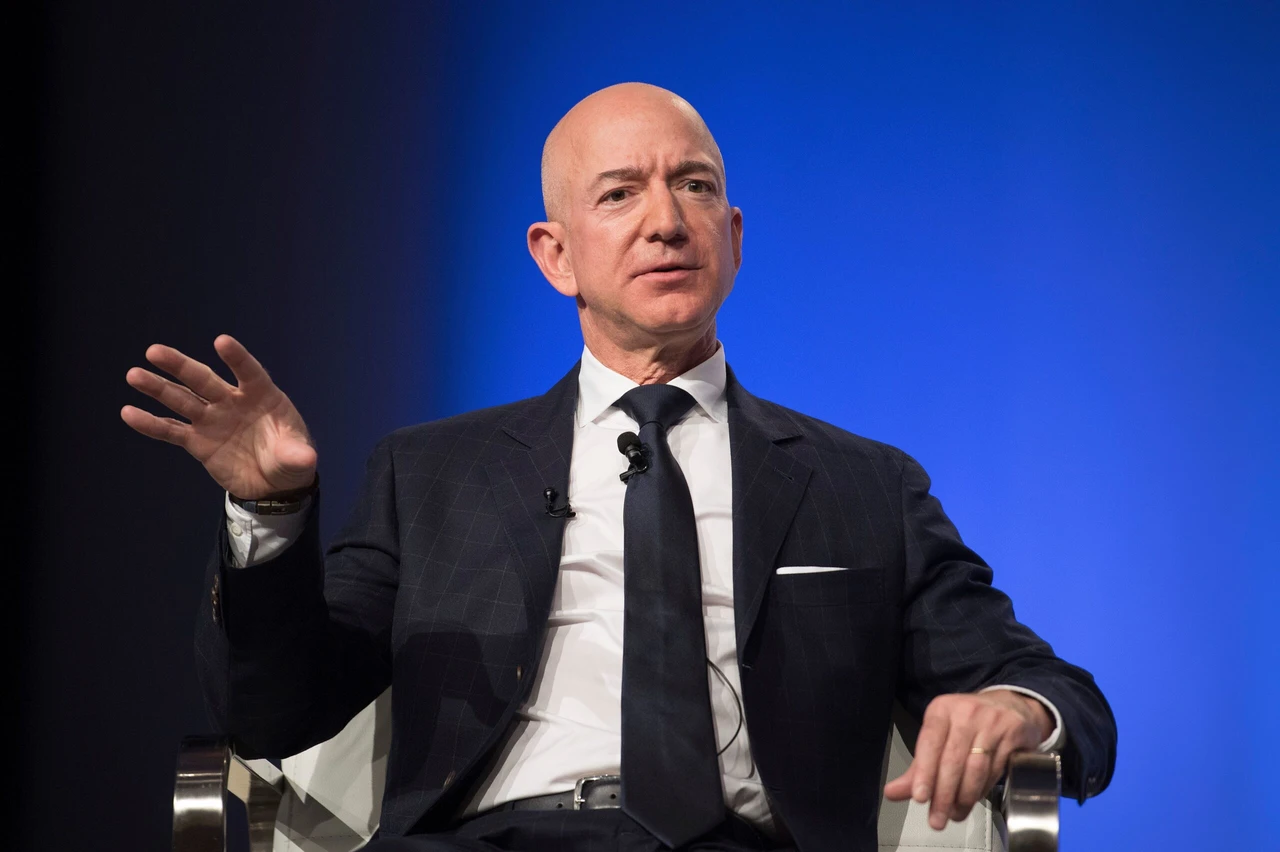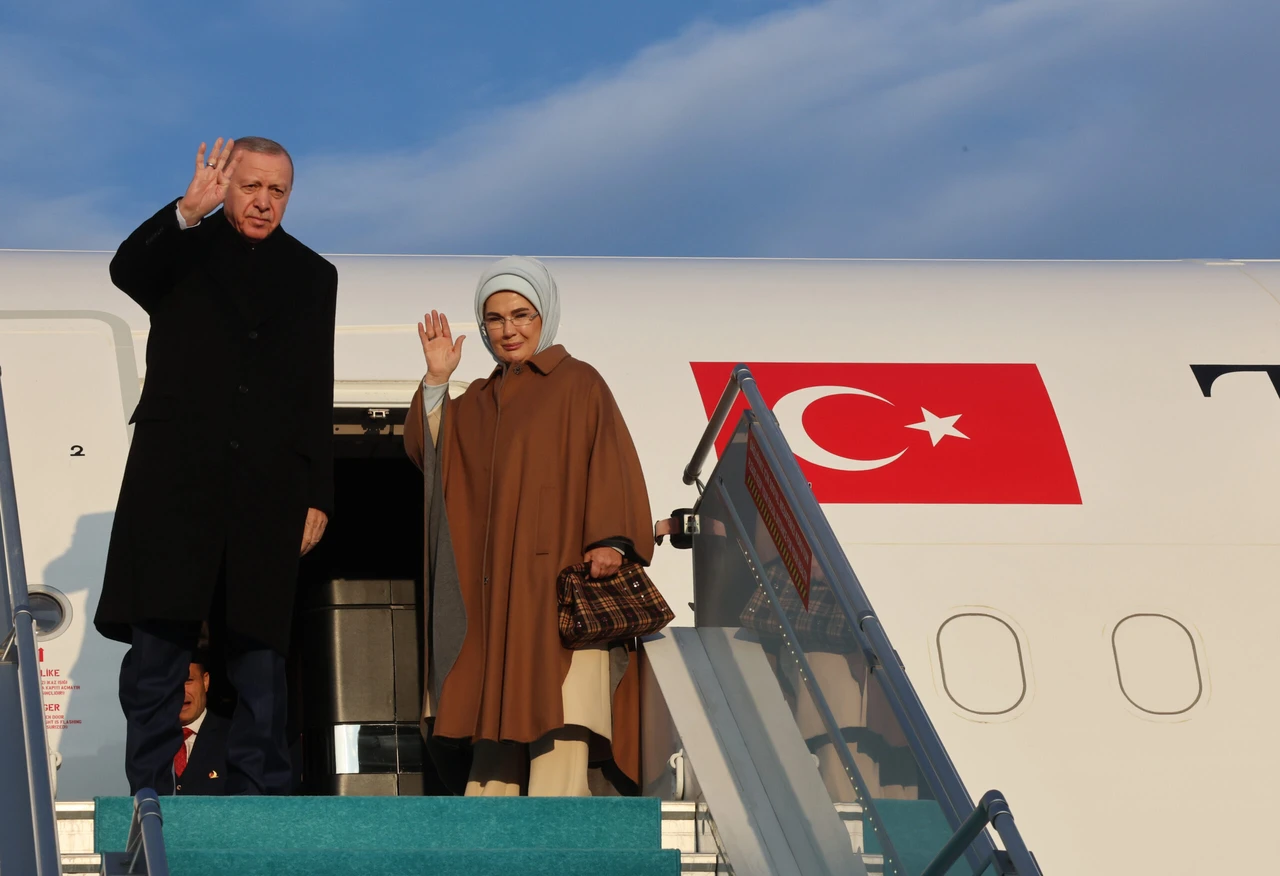Jeff Bezos emphasizes non-endorsement decision as necessary for media trust
 Amazon and Blue Origin founder Jeff Bezos provides the keynote address at the Air Force Association's Annual Air, Space & Cyber Conference in Oxen Hill, MD, on Sep. 19, 2018. (AFP Photo)
Amazon and Blue Origin founder Jeff Bezos provides the keynote address at the Air Force Association's Annual Air, Space & Cyber Conference in Oxen Hill, MD, on Sep. 19, 2018. (AFP Photo)
Jeff Bezos, the billionaire owner of The Washington Post, explained his decision for the newspaper to abstain from endorsing any presidential candidates in the upcoming election, calling it a “principled decision” aimed at restoring public trust in media. In an op-ed published on the Post’s website Monday, Bezos highlighted his concerns over declining media credibility and denied any connection between the decision and his personal or business interests.
Bezos underscored the urgency of addressing public perceptions of media bias, noting that “our profession is now the least trusted of all,” citing recent survey data. By ending presidential endorsements, Bezos hopes to counter the widespread perception of partisanship, which he argued has weakened media integrity.
The announcement, made on Friday, reportedly prompted significant backlash, with NPR reporting 200,000 digital subscription cancellations, representing about eight percent of the Post’s total. Additionally, several members of the editorial board resigned in protest, and some newsroom staff voiced concerns about the decision’s timing and its potential impact on journalistic independence.
Reports indicate that Bezos personally intervened to block a drafted endorsement of Vice President Kamala Harris, a move that, while controversial among Post staff, Bezos argued was essential to maintain public confidence. He compared the endorsement process to voting machines, stating, “We must be accurate, and we must be believed to be accurate.” Bezos rejected allegations that his decision was politically motivated, dismissing concerns over a recent meeting between Blue Origin CEO Dave Limp and former President Donald Trump, which coincided with the non-endorsement announcement.
In taking this stance, The Washington Post joins the Los Angeles Times, which recently adopted a similar non-endorsement policy. For the Post, this marks a shift from a four-decade tradition of endorsing candidates, often favoring Democrats, and comes at a time of heightened partisanship in the U.S., with polling indicating a close race between Republican Donald Trump and Vice President Kamala Harris in swing states.
Bezos, who acquired The Washington Post in 2013, expressed determination to confront what he views as fundamental challenges to media independence, emphasizing his commitment to creating “a credible, trusted, independent voice” amid an increasingly polarized media landscape



